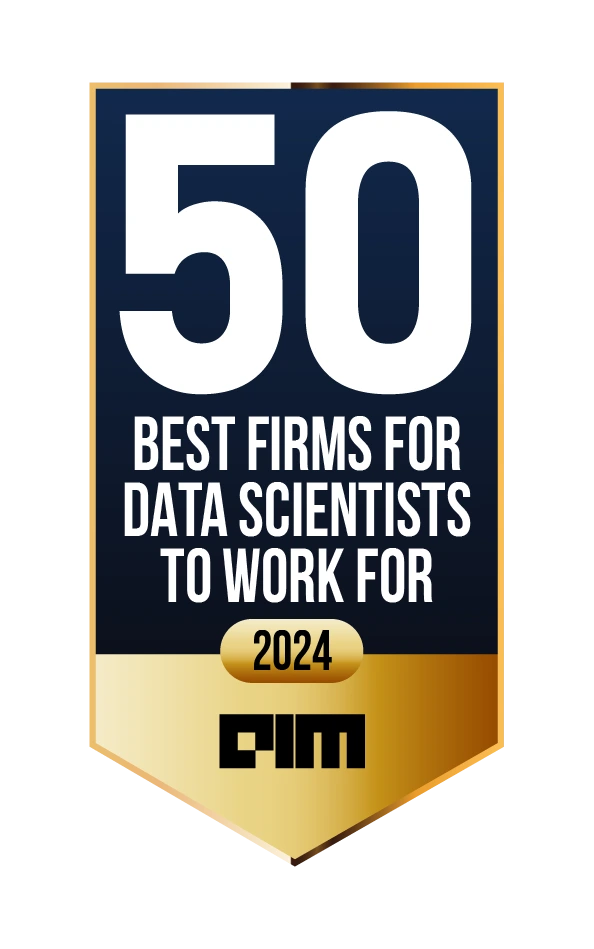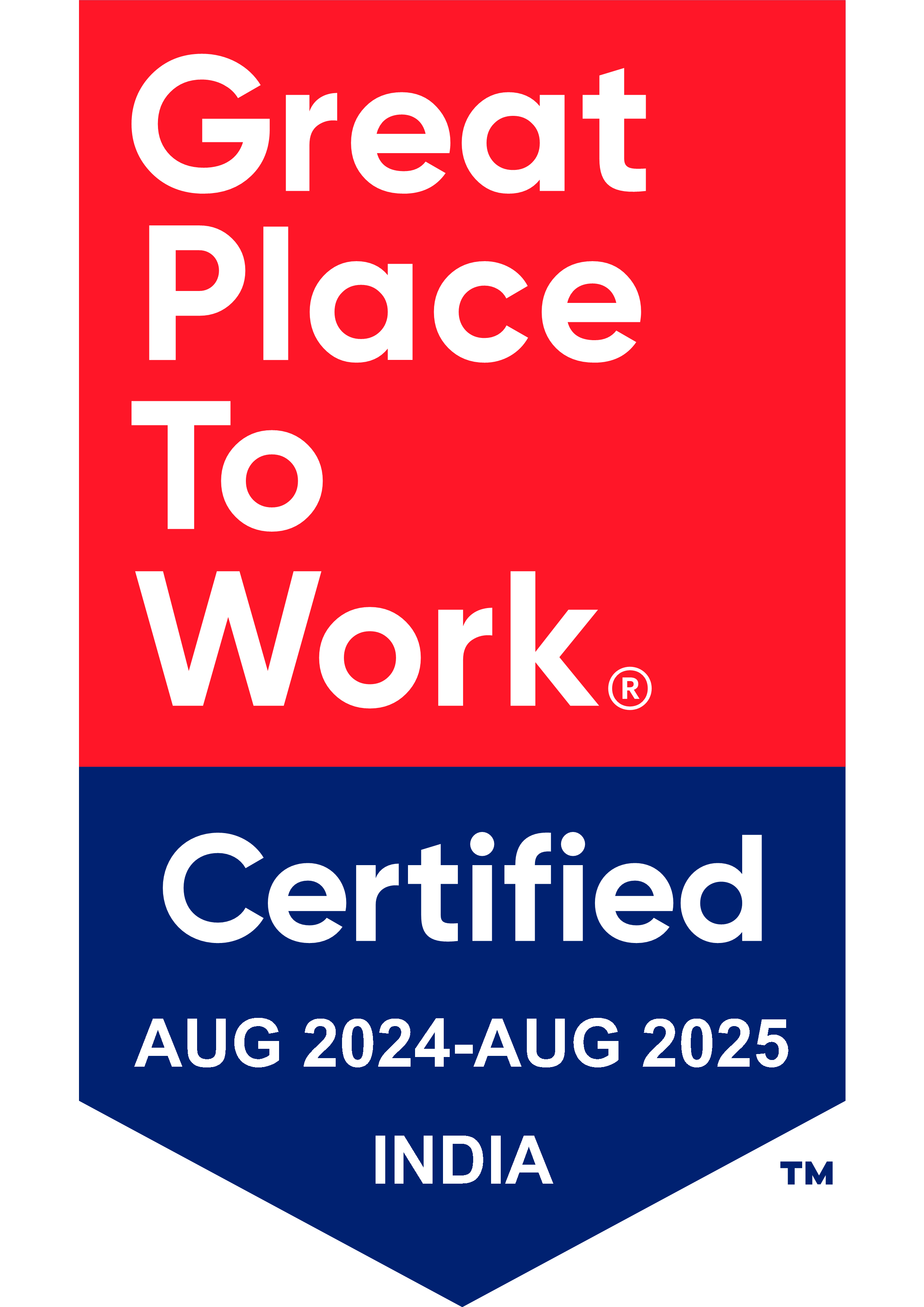Data Engineering Career Journey: Rahul Desai on Growth, Challenges, and Teamwork
- Team Aays

- Nov 25, 2024
- 3 min read

"Stepping into data engineering can feel daunting, but starting small, focusing on the basics, and seeking support makes all the difference." - Rahul
What sparked your interest in data engineering, and how has it shaped your career journey in this field, especially with the rise of AI?
Rahul: I began my career as a tech support engineer, assisting individuals in resolving issues with personal computers, including laptops and desktops. During one of my projects, I had the opportunity to collaborate with data analysts and data engineers. This experience ignited my interest in the data domain, and over time, driven by my passion, I transitioned into the role of a Data Engineer.
What aspects of our company culture do you value most, especially in an environment where AI and data are at the forefront?
Rahul: What I value most about the organization is the strong culture of collaboration and knowledge sharing. Everyone is always willing to support one another and share their learnings. We work with cutting-edge technologies, constantly learning and implementing the latest AI advancements. There’s a shared excitement across the team to integrate AI into our work, enhancing efficiency and driving innovation together.
In your role as a data engineer, what has been the biggest challenge you have faced, and how did you overcome it?
Rahul: My biggest challenge has been communication. At times, explaining to business users can be challenging on how much of efforts must be put in to develop Data solutions and challenges which can come while developing. However, support from leadership has helped me to overcome these challenges.
What advice would you give to someone starting their data engineering career journey? Are there specific skills or mindsets you recommend for success?
Rahul: Stepping into the world of data engineering can feel daunting at first. My advice for anyone embarking on this career journey is to start small and maintain focus. Begin by building a strong foundation in core data engineering skills like SQL, Python, and distributed computing, while avoiding unnecessary distractions. Once you have mastered these fundamentals, learning and developing new skills becomes significantly easier. Also, don’t hesitate to seek help from the online community—there are always people willing to guide, mentor, and support you on your journey.
What do you enjoy most about collaborating with your team, especially when tackling complex challenges?
Rahul: What I enjoy the most is the support and guidance I receive from the team. They are always available to help, share their experiences and provide valuable inputs, making collaboration very productive.
Who or what inspires you to keep pushing the boundaries, especially with the rapid advancements in AI?
Rahul: Many people have inspired me on my journey to becoming a data engineer and continue to motivate me to push boundaries every day. Mentors like Ajith and Sujith consistently provide guidance to help me grow, while Dwarika and Anshuman fuel my curiosity by encouraging us to explore and integrate AI into our work, ensuring we stay ahead in this ever-evolving field.
Outside of work, what activities help you recharge, and how do you manage a healthy work-life balance?
Rahul: To recharge, I enjoy going for walks and spending quality time with my family, which helps me maintain a healthy work-life balance.
AI and data engineering are rapidly evolving. How do you stay updated on the latest AI tools, technologies, and industry trends?
Rahul: My approach to staying up to date with AI tools is through continuous learning and hands-on practice. However, before diving into learning something new, I prefer reading articles to evaluate whether it's worth investing my time and energy.









Data Engineering Career Journey: Rahul Desai on Growth, Challenges, and Teamwork sheds light on the human side of data engineering services. Rahul’s journey reflects how a strong foundation in data, problem-solving, and collaboration can shape a successful career in this evolving field. From handling complex data pipelines to aligning with business goals, his story highlights the critical role of teamwork in delivering scalable solutions. At Techling, we value the people behind the tech — our engineers drive real impact through innovation and dedication. Learn how we empower data-driven success: techling.ai.